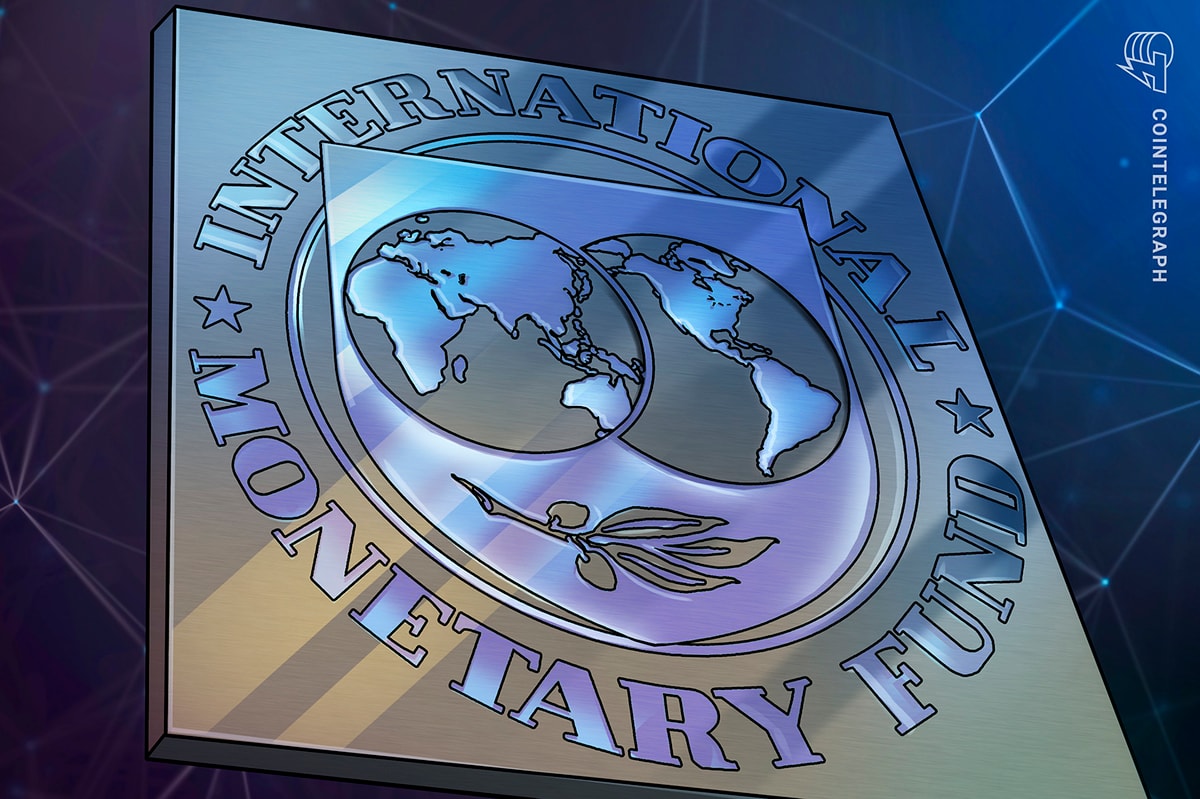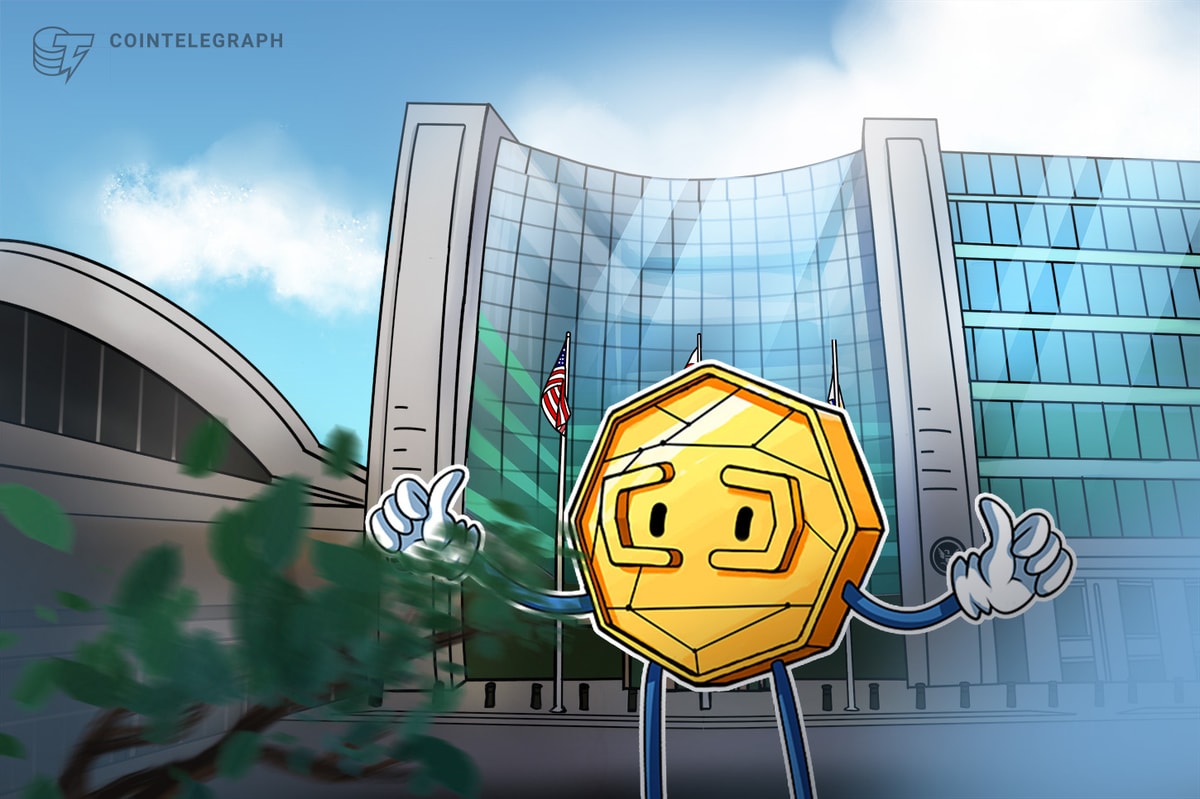
Tinkoff Bank and Sberbank are no longer available on the list of P2P transactions on ByBit and OKX.
News
At least two major crypto exchanges followed Binance in excluding Russian banks under international financial sanctions from their payment options. Tinkoff Bank and Sberbank are no longer available on the list of P2P transactions on ByBit and OKX.
According to Russian media, local users can no longer receive fiat money in exchange for their crypto on Tinkoff or Sberbank accounts on P2P platforms of OKX and ByBit. No official announcements by the representatives of either company were made in official channels.
However, by press time OKX still allows users to receive fiat on their accounts of a Russian branch of Raiffeisen Bank and the Russian Standard Bank. Both financial institutions aren’t included in the list of entities under sanctions, formed by the United States Treasury.
The new wave of attention to the presence of sanctioned Russian banks on the crypto exchanges’ payments option rose last week when the Wall Street Journal reported that Binance was listing Tinkoff and Sberbank as transfer methods. On Aug 24, the official brands of Tinkoff and Sberbank disappeared from the Binance P2P platform, but the “yellow” and “green” options, representing their brand colors, were still present. A day later the WSJ reported that the sanctioned banks were removed from the list altogether, citing a Binance spokesperson.
Related: Tornado Cash developer Roman Storm released on bail, lawyer says
Even though they were supposed to be removed, Cointelegraph discovered that Binance P2P users are still putting up ads for sales using “the green bank” as their preferred payment option. These users might mention other payment methods like Russian Standard Bank or Ak Bars Bank, but they make it clear in the “advertiser’s terms” that they’ll only accept transfers through “the green bank.”
The same thing goes, according to media reports, for both OKX and ByBit, where merchants still provide an option of exchange via sanctioned banks in private communication.
Magazine: Should we ban ransomware payments? It’s an attractive but dangerous idea







